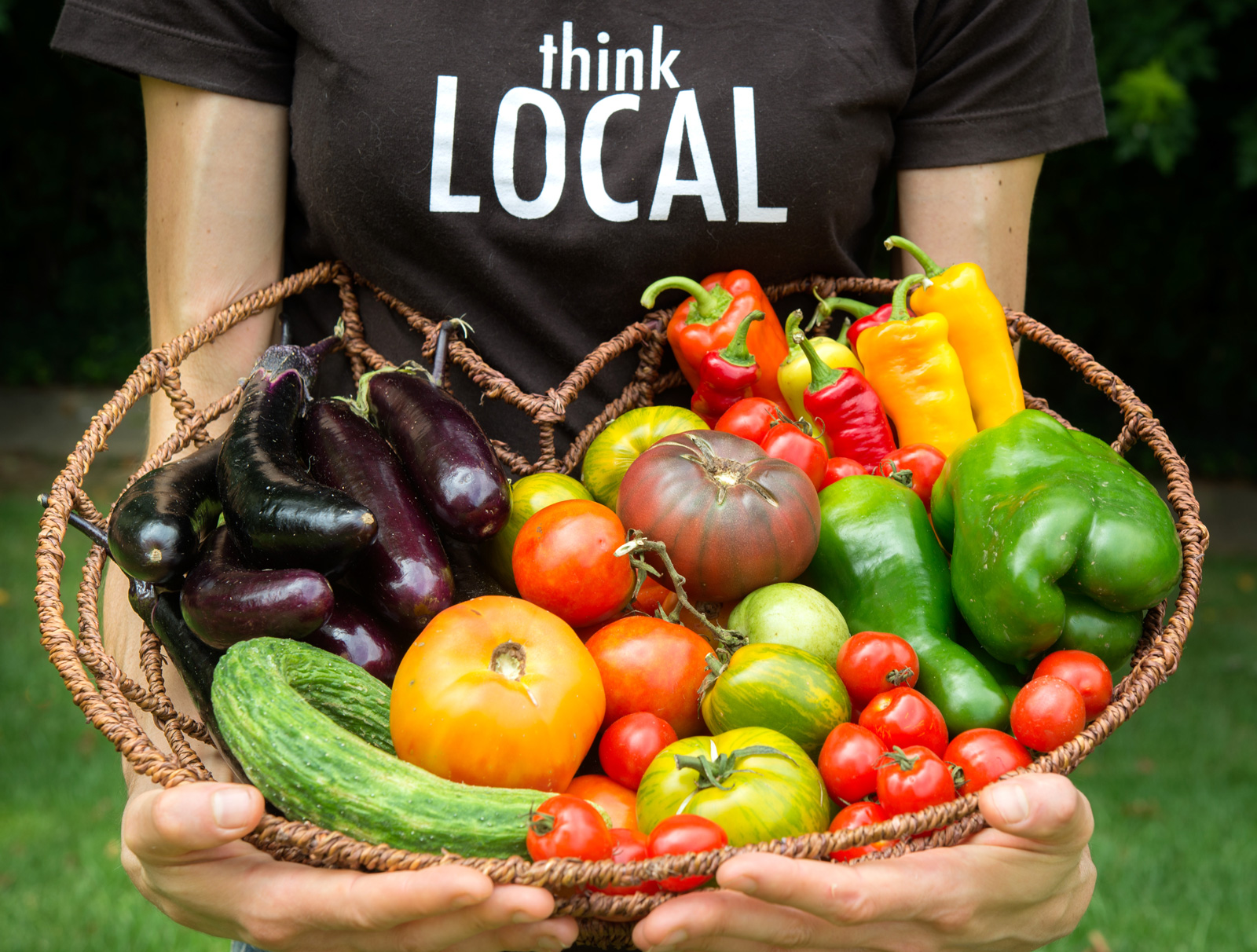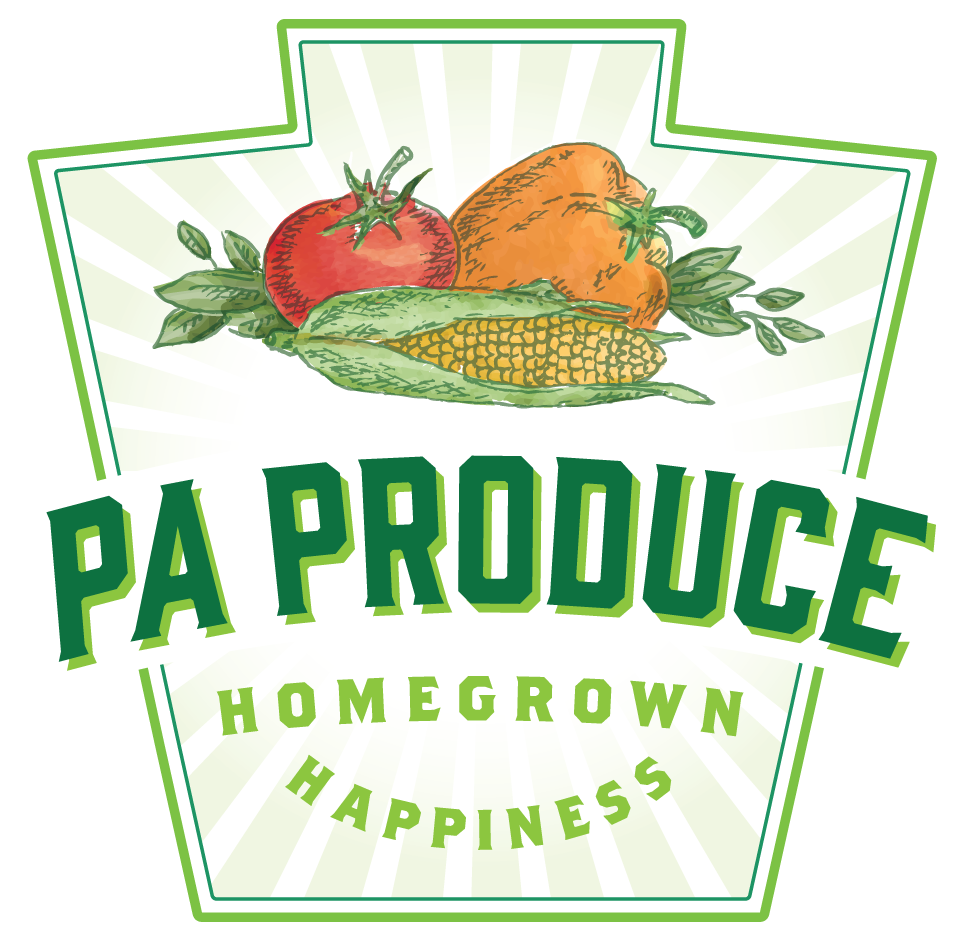
We all know we’re “supposed” to eat our veggies. There are a lot of things we’re supposed to do—you have to start somewhere! Why not start somewhere delicious? Seeking out high-quality, locally grown produce is fun, rewarding for your palate and a plus for your health.
Did we mention there’s more? Here are the top four reasons why the veggie lifestyle is for everybody.
1. Good for You
- Eating more veggies has been clinically proven to reduce your risk for cancer, heart disease and digestive disorders.
- Vegetables provide crucial nutrients, vitamin complexes and antioxidants. A mix of raw and cooked vegetables is best. Each type of vegetable provides a nutritional profile and vitamin complexes that are unique to that one plant. Did you know that red bell pepper has more vitamin C than an orange? And that dark, leafy greens pack a mineral punch?
- The nutrients in vegetables are key for supporting the health of organs and cells in the human body. Research has shown that whole-food vegetables provide nutrition that is specifically bioavailable for the vital systems of the human body. It’s a quicker—and, tastier—way to get those nutrients versus supplements.
- Veggies are rich in dietary fiber and often low in calories. They also hold water that has been uniquely filtered by the plant cells themselves. Some consider that water part of your daily requirement!
- Trying a vegetarian meal every now and then helps give the body a break from digesting animal proteins, and also switches up protein sources while keeping a natural dietary rotation.
2. Good for the Planet
- Biodiversity reduces disease and pest pressure for the food supply and environment.
- Sustainably planted farms can have a number of important environmental impacts:
- Reducing soil erosion
- Reducing the impact of agricultural runoff to the local watershed
- Creating habitat for beneficial insects, pollinators and other wildlife
- Vegetable farming can offer a unique advantage of efficiency over livestock farming. Studies have demonstrated that more food can be produced per acre when planted as vegetable crops versus what would be used for livestock farming.
- Plants act as a carbon sink and also benefit the atmosphere by releasing oxygen as a byproduct of photosynthesis. Bottom line: Clean air for people to breathe and a mitigated carbon footprint.

3. Authentic Farm to Table
Everyone’s heard of farm to table, and by now seasonal eating has become a popular idea for many. It’s time to bring those concepts into your dining room every day!
When you eat seasonally from local sources, vegetables and fruits naturally become a cornerstone in your diet during the warm months. When local farms are churning out produce, it’s the perfect time to eat plenty of vegetables. It’s also an excellent time to preserve them so you can enjoy summer veggies all year long. Keep an eye out for winter veggies, too!
Looking to your local farms for sustenance is the most authentic form of the farm-to-table movement. Restaurants that brought this culinary idea back to the spotlight gained fame through impeccable flavors and freshness, as well as ideologies that supported ecological and economic values.
Why not bring the goodness home?
4. Set the Example
Kids need to eat their veggies (we all do, really), but we can’t expect them to do something when we’re not willing to do it. Leading by example is tried and true, and nothing sparks interest for a kid like seeing a grown-up doing something first. There’s an innate feeling of “I want to do that, too.” Learning to truly enjoy eating fresh vegetables sets a great precedent for children and fellow adults.
An easy way to make sure you’re staying on track with eating plenty of veggies is to have a day each week where you go vegetarian for one or more meals. Meatless Mondays are popular, but any day will do! You might find yourself trying new foods—and loving them. Veggie meatloaf or veggie meatballs are a great segue for meat-lovers. They’re familiar, toothsome and don’t look like veggies. Whole grains and beans make a wonderful substitute for ground meat (and chopped or pureed veggies add flavor and texture). Try a couple different recipes until you find one you love.
Show your support for local by submitting your thoughts and feedback here.
Written by Nathan Greenwood
